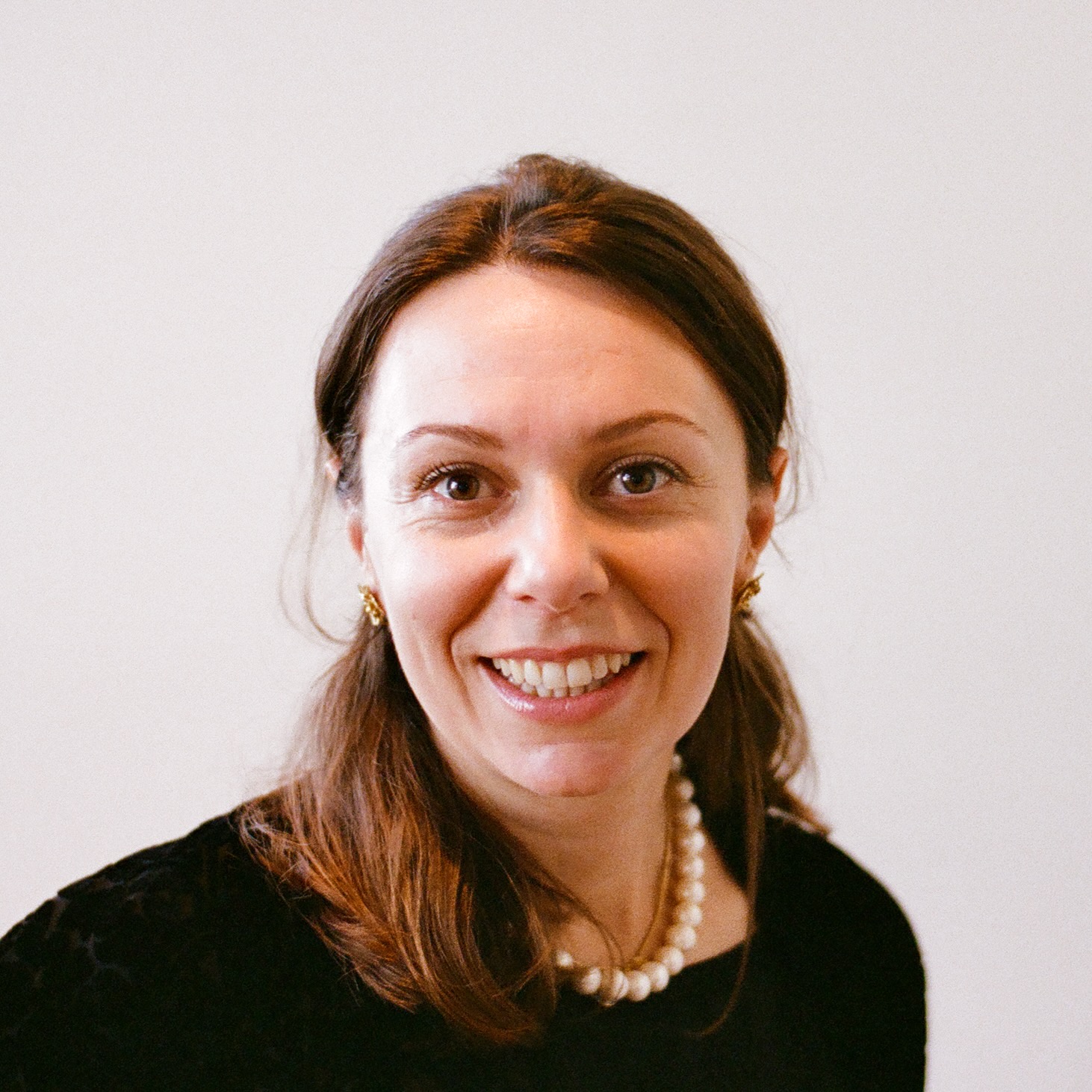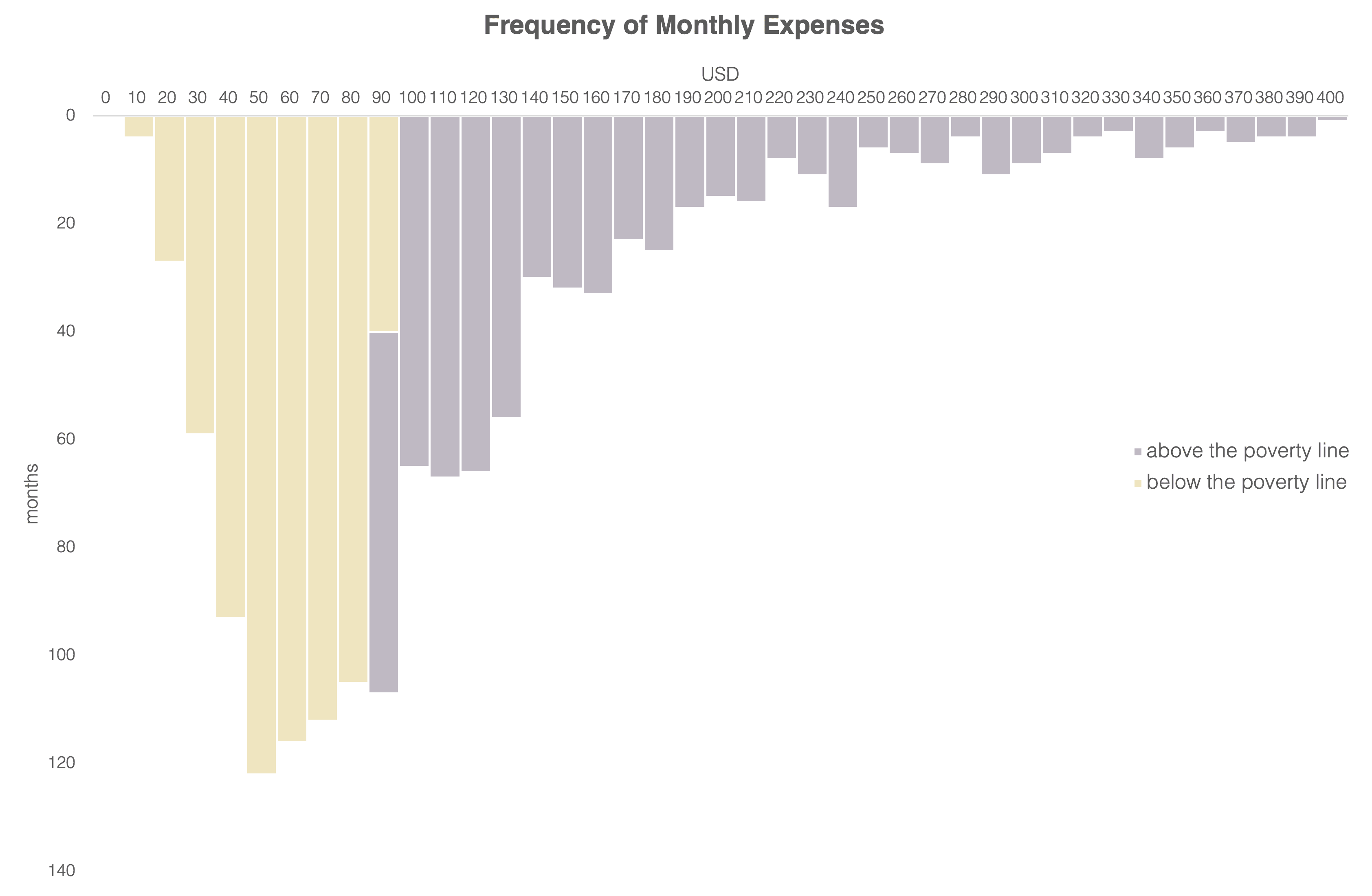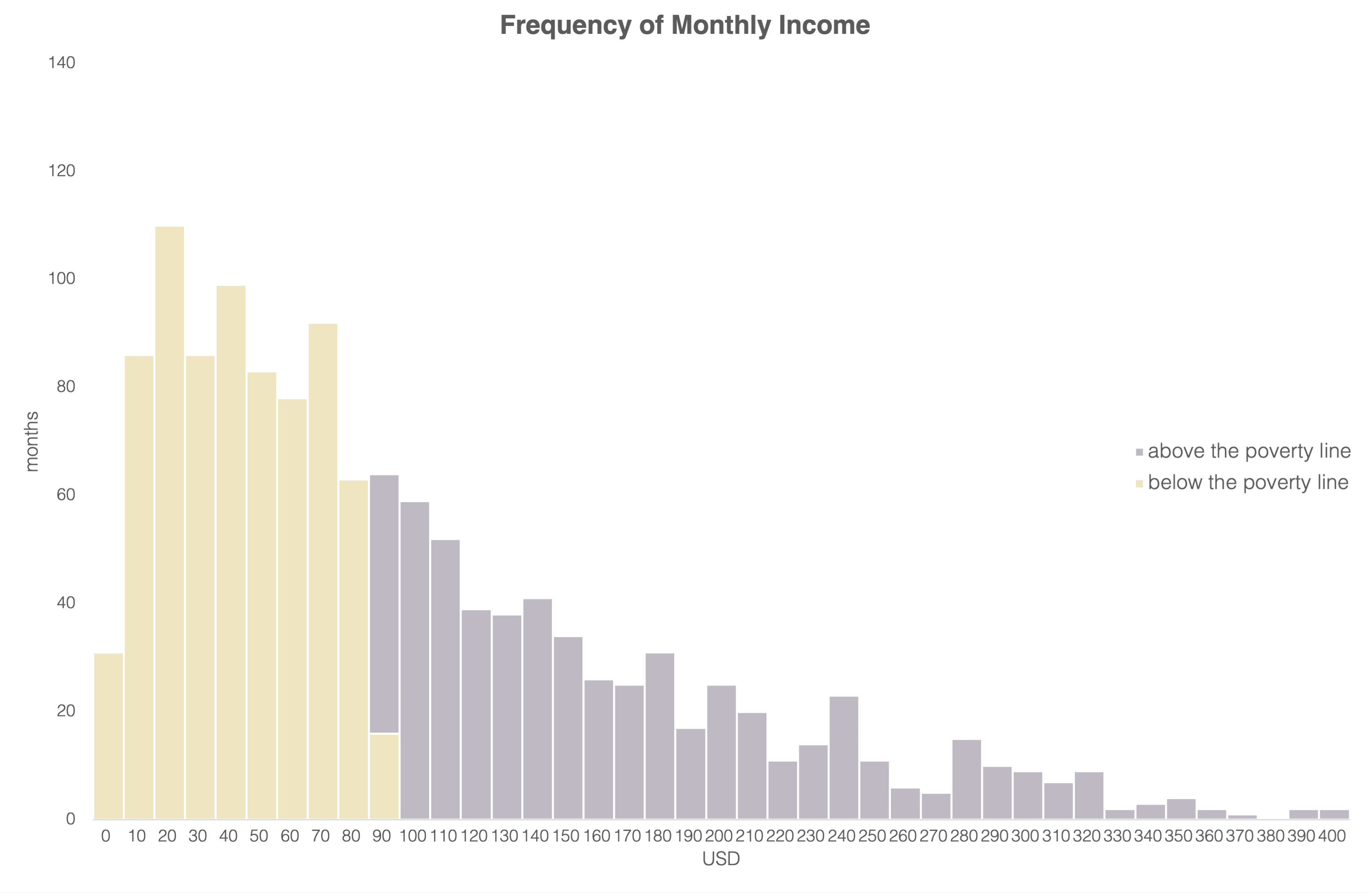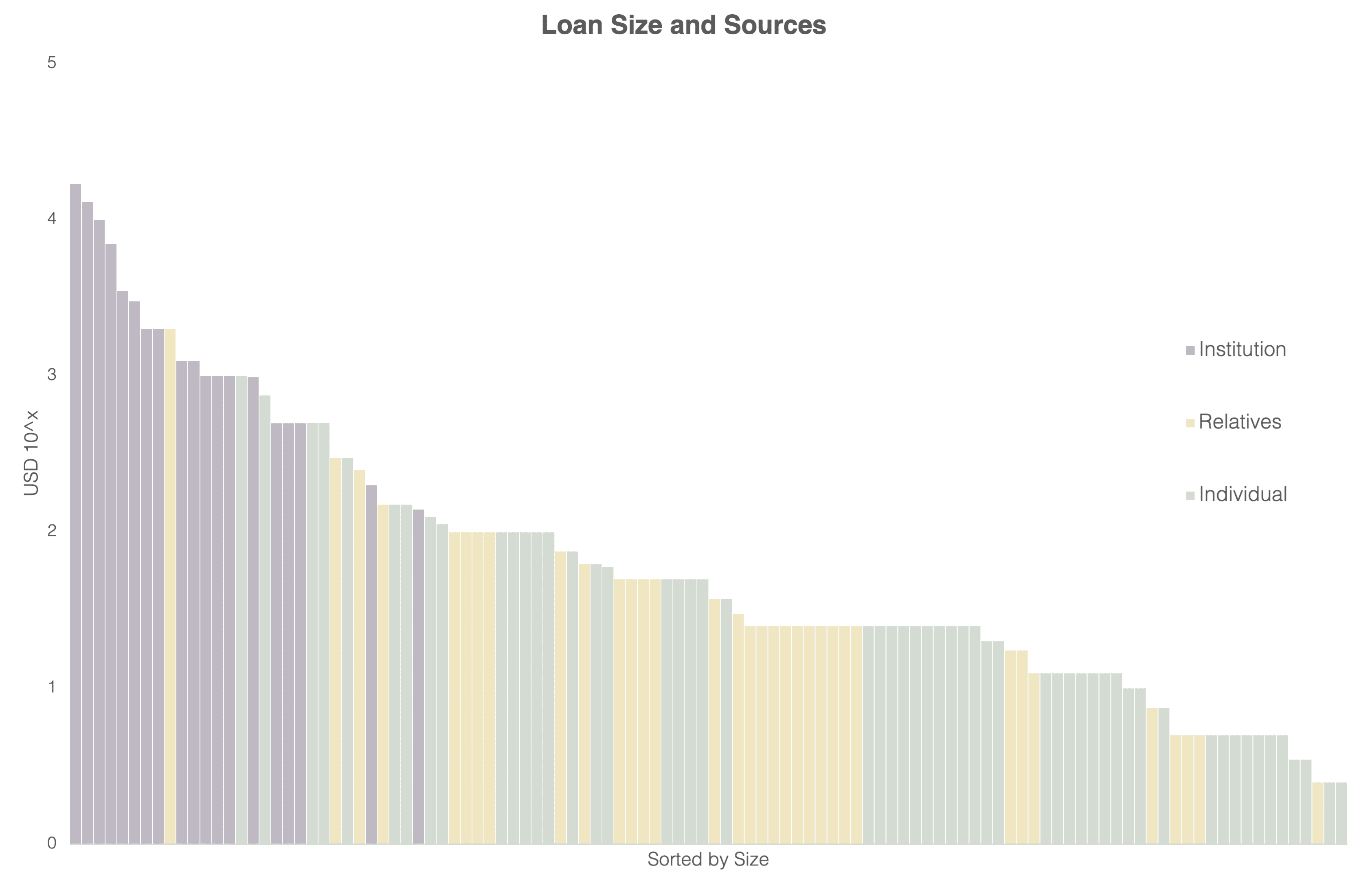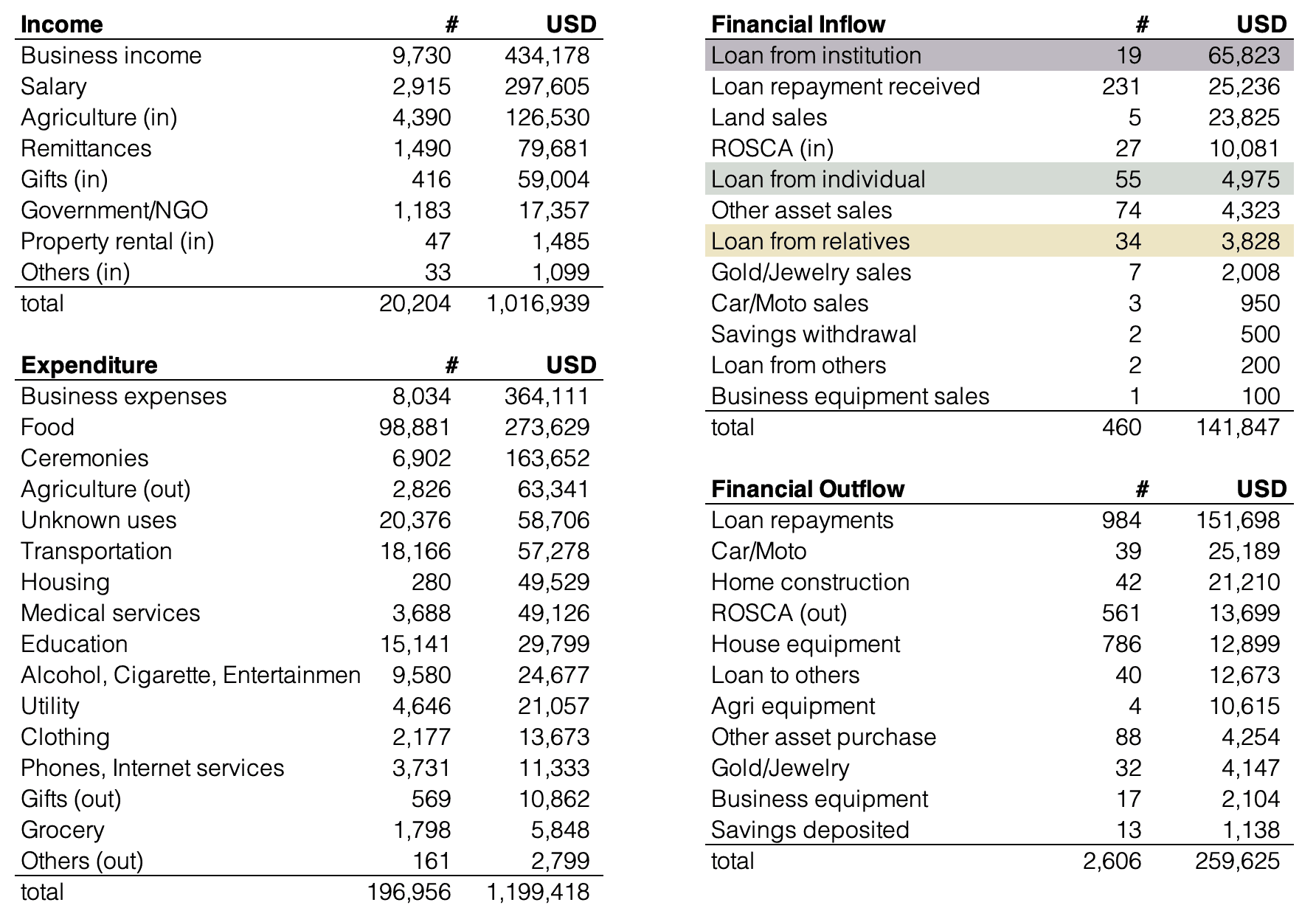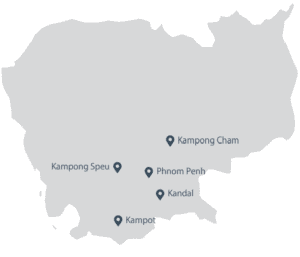In this blog post we introduce The Fit Factor: Matching Loans and Savings to Cash Flows, a new paper from Gojo’s R&D team.
Typically, when we set out to measure the impact of a loan on someone’s life, we tend to look at what happens after they take the loan— for instance, whether their income increases, whether they are able to spend more on education, or whether they acquire more assets. However, there are a couple of limitations to this approach:
- Outcomes data taken following a loan tends to be a snapshot of a certain point in time, and is usually collected at a time pre-determined by the service provider, rather than at a time that makes sense for the borrower in terms of when they expect to see results from the loan
- Changes in income and increased spending on education can be influenced by many different factors in a person’s life, not just their access to finance. For instance, we see in financial diary research that unexpected events happen more often than we might think, such as accidents, sudden medical needs, new opportunities, and other events which may disrupt the original plans a borrower had for their loan
While outcomes data is useful, it cannot give us the full picture of the utility provided by a loan or other financial service. What if, in addition to outcomes data, we considered the impact of a financial service from a cash flow perspective? In other words, what if we could see how loans or savings fit with clients’ real cash flows and affect their day-to-day money management?
Using data from Stuart Rutherford’s Hrishipara Daily Diaries project, we would like to introduce a new impact measure which looks at how financial services either reduce or add to the volatility of a person’s cash flows. Our working assumption is that services which increase cash flow volatility generally make money harder to manage, and vice versa. We call this measure of impact on volatility the Fit Factor.
Read our paper setting out the concept, its applications as an impact measure, and its limitations here.
Yoshinari Noguchi is a researcher at Gojo and Company. He works in Gojo’s R&D team, and is currently looking into new ways to understand and support money management for low-income people, as well as analysis of data from the Hrishipara diaries and Gojo’s own financial diary projects.
Cheriel Neo leads impact measurement at Gojo and is also a member of Gojo’s R&D team. She is setting up and running Gojo’s financial diary projects in Cambodia and Sri Lanka, and is interested in using data to better understand Gojo’s current and target clients.






